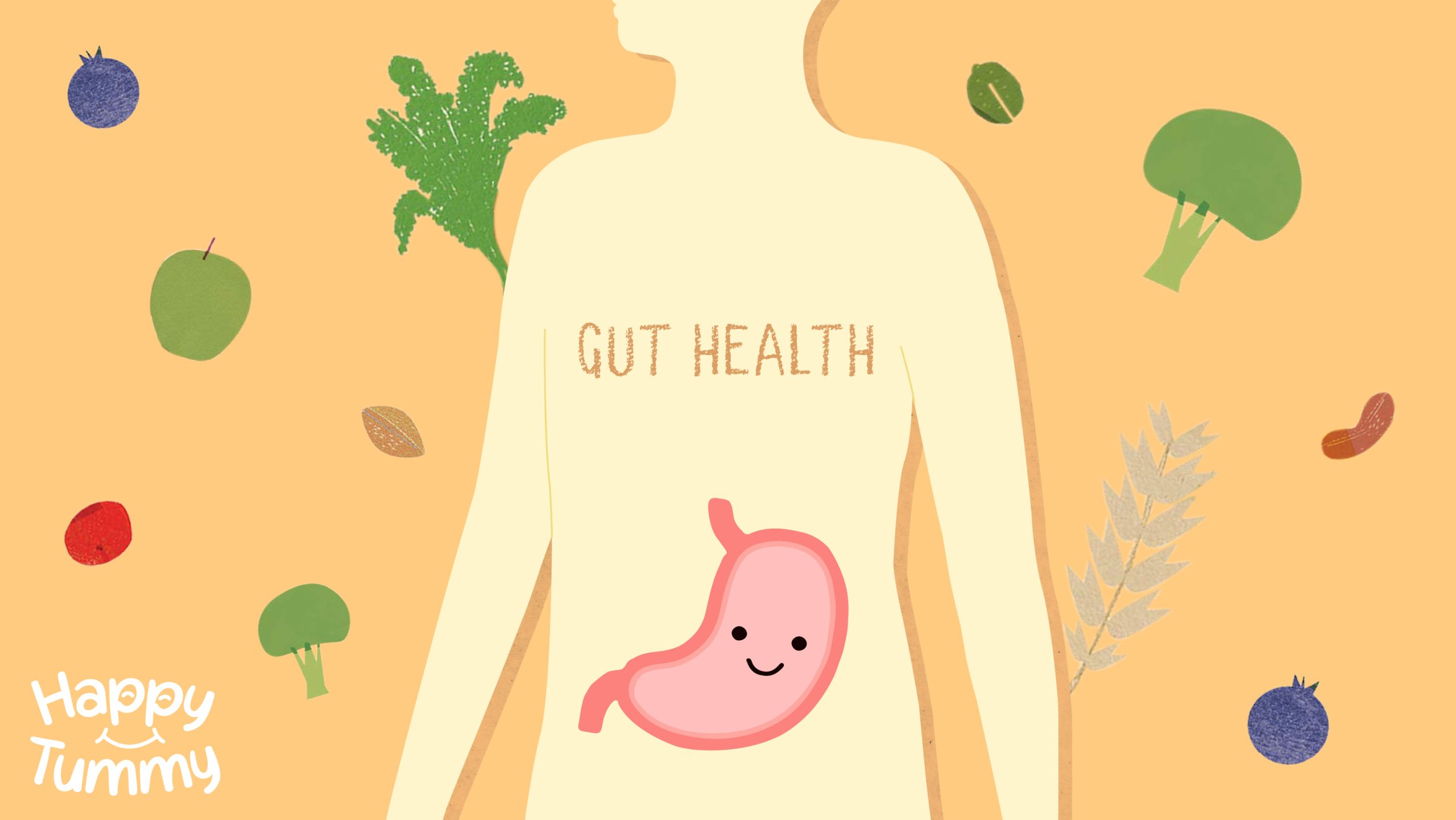When it comes to overall health, many people focus on exercise, weight, or sleep. While these are important, one area that often goes unnoticed is gut health. Your gut is far more than just a place where food is digested. It plays a major role in your immunity, energy levels, mood, and overall well-being. In fact, many experts call it the body’s “second brain” because of its close connection to both physical and mental health.
In this article, we’ll explore why gut health matters, signs of an unhealthy gut, and practical steps you can take to support your digestive system naturally.
Why Gut Health Is So Important
The gut is made up of the stomach, intestines, and colon. Within it lives a community of trillions of microorganisms—bacteria, fungi, and other microbes—known as the gut microbiome. These tiny organisms help with:
- Breaking down food into nutrients the body can use
- Producing important vitamins and compounds
- Supporting the immune system
- Communicating with the brain to influence mood and behavior
A healthy gut has a balanced and diverse microbiome. When this balance is disrupted, problems like poor digestion, low energy, and even mental health struggles can occur.
Signs of an Unhealthy Gut
Your body often gives clear signals when your gut is not in good shape. Some of the most common signs include:
- Digestive discomfort – bloating, constipation, diarrhea, or heartburn
- Low energy – constant fatigue even after good rest
- Frequent illness – catching colds easily due to a weakened immune system
- Skin issues – breakouts, eczema, or dullness linked to gut imbalance
- Mood changes – increased anxiety, irritability, or stress
- Food sensitivities – reacting poorly to foods that were once easy to digest
If you notice these signs regularly, your gut may need more care and attention.

Everyday Habits for Better Gut Health
Taking care of your gut doesn’t require complicated routines. Small, consistent habits can make a big difference over time.
1. Eat Enough Fiber
Fiber is like food for your gut bacteria. It helps digestion, keeps you regular, and supports the growth of healthy microbes. Vegetables, fruits, legumes, and whole grains are excellent sources of fiber.
2. Stay Hydrated
Water is vital for smooth digestion. It helps move food through the digestive tract, prevents constipation, and supports nutrient absorption. Drinking enough water each day is one of the simplest ways to boost gut health.
3. Reduce Highly Processed Foods
Excess sugar, artificial additives, and heavily processed meals can upset the balance of bacteria in your gut. Limiting these foods and focusing on whole, natural options keeps your microbiome in balance.
4. Chew Slowly and Mindfully
Digestion begins in the mouth. Chewing thoroughly breaks food into smaller pieces, making it easier for the stomach and intestines to process. Eating slowly also helps prevent overeating and bloating.
5. Manage Stress
Stress directly impacts the gut by altering digestion and changing the microbiome. Simple stress-relieving practices like deep breathing, yoga, meditation, or walking outdoors can support gut health.
6. Prioritize Quality Sleep
Poor sleep weakens the gut microbiome and makes digestion less efficient. Aim for 7–9 hours of restful sleep each night to give your body time to heal and restore balance.
7. Stay Physically Active
Regular exercise boosts blood flow, reduces stress, and encourages healthy bowel movements. Even simple activities like walking, stretching, or cycling can benefit the digestive system.
Common Gut Issues and Natural Approaches
Despite best efforts, gut problems can still occur. Here are some common issues and ways to manage them naturally:
- Constipation – Increase fiber intake, drink more water, and move your body daily.
- Bloating and gas – Eat smaller meals, avoid swallowing air by chewing carefully, and track foods that trigger discomfort.
- Acid reflux – Reduce heavy or spicy meals, avoid lying down immediately after eating, and eat in smaller portions.
- Irritable Bowel Syndrome (IBS) – Identify food triggers, manage stress, and stick to regular eating patterns.
Prebiotics and Probiotics: A Powerful Duo
Two key elements in gut health are prebiotics and probiotics.
- Probiotics are beneficial bacteria that help maintain balance in the gut.
- Prebiotics are the fibers and nutrients that feed these bacteria, keeping them strong and active.
Including both in your diet helps create a healthy environment where good bacteria thrive and protect your digestive system.
Gut Health and the Whole Body
The state of your gut doesn’t just affect digestion—it impacts your entire body. Research has shown that gut health influences:
- Immunity – A large portion of immune cells are located in the gut.
- Mental health – The gut communicates with the brain, affecting mood and stress levels.
- Weight management – A balanced gut helps regulate appetite and metabolism.
- Skin clarity – Many skin issues are connected to gut imbalance.
This is why maintaining gut health is often described as the foundation for overall well-being.
Conclusion
Your gut does far more than process food—it’s central to your energy, immunity, mood, and long-term health. By eating more fiber, drinking water, reducing processed foods, sleeping well, managing stress, and staying active, you can support your gut naturally. Over time, these small but powerful habits will create a healthier, stronger, and more balanced digestive system.






